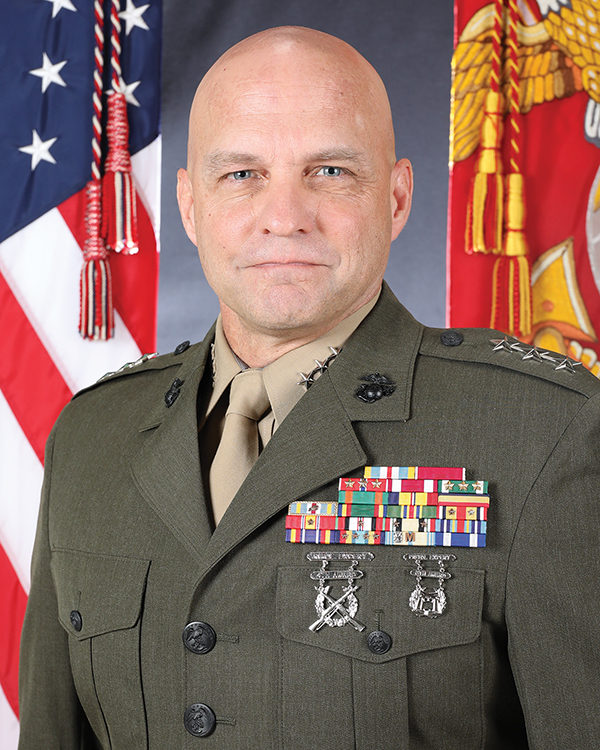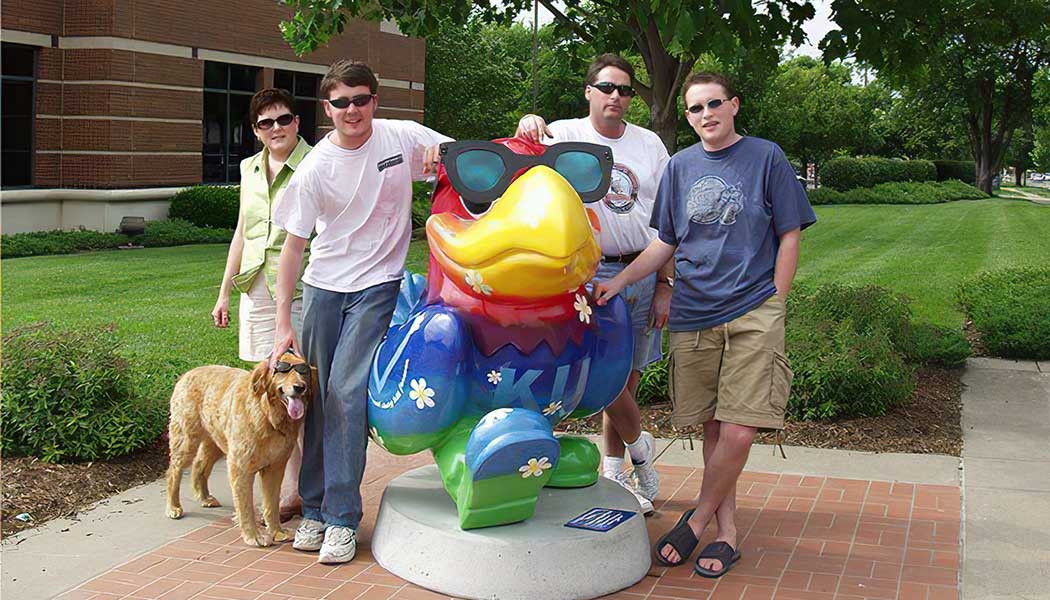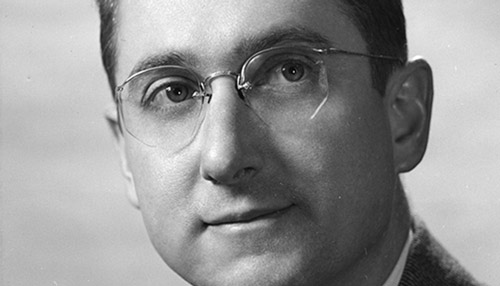Once answered, ‘call to service’ motivates Marine general
Marine general answers 'call to service'
It’s a safe guess that when he stood at attention in the back ranks of formation, holding a rifle while wearing Levi 501s and a long-sleeve Ocean Pacific T-shirt during his introduction to ROTC, David Bellon couldn’t have imagined a day when he would wear three stars as a lieutenant general in the U.S. Marines.
“I walked up to the soldiers, handed them back the rifle and said, ‘This isn’t for me, man,’ and I walked out, finished college, then went to law school at the University of Missouri and never really gave it another thought,” Lt. Gen. Bellon says of the initial halting steps that led to his current billet as commander of Marine Forces Reserve and Marine Forces South.
While in high school in St. Louis, Bellon, b’87, dreamed of flying for the Air Force, until a recruiter saw his eyeglasses and announced, “You’ll never fly.”
“I had this image in my mind,” Bellon says, “of putting gas in a wing.”
No longer interested in the Air Force Academy, Bellon turned his attention to KU, which his older sister had visited. “I knew immediately that was where I wanted to go to school,” he says of his first visit to Mount Oread, beginning a Jayhawk tradition that now includes a brother, three nieces and nephews, and his daughter, Abby, a KU senior.

Bellon fell in with a group of swimmers with whom he later shared a house on Missouri Street, and gave no thought to the military—until the summer after freshman year, when Army and Navy recruiters called with unexpected scholarship offers; the Army ROTC visit was so awkward he never even followed up with the Navy.
“I must have had some call to service in me,” Bellon says. “I just wasn’t mature enough yet to answer it.”
That happened during his second year of law school, when Bellon met a Marine recruiter “who saw me coming from a mile away.” He was corresponding at the time with a friend who had become a Marine sergeant, and Bellon figured a visit with the recruiter might make for a funny letter.
Instead, it changed his life.
Proud of his physical fitness, Bellon was stunned to hear the recruiter dismiss his chances of becoming a Marine by sneering, “Yeah, I don’t see it. You can try out, but I don’t see it.”
“And that was it,” he says. “I was a scrapper and I grabbed the bait. The next thing I know, I was a Marine.”
Bellon that summer completed Officer Candidate School, yet told himself he would probably decline a commission: “OCS is a tryout both ways. You’re trying out for the team, and if you make it, they offer you a commission. You can say no. I really went to OCS thinking I was probably going to say no; I just wanted to see if I could do it.”
Bellon relented and agreed to a single tour of duty, and the rigorous Basic School—infantry training required of all Marine officers—convinced him to drop his law contract and prove himself within the hyper-competitive Marine infantry.
Even then, he still could not envision a career in uniform. Deployment to an elite Force Reconnaisance team nearly did the trick, until Bellon’s father, a son of immigrants eager to see his children exceed his own accomplishments, pleaded for his son to reconsider. He’d already passed the bar exam, so why turn down a law career?
Bellon honored his father’s advice and requested a transfer to the Judge Advocate division, which assigned him to Camp Pendleton, in Southern California, “in the middle of a crime wave. It was crazy.” He left active duty at the end of his harried JAG tour to work for an international underwriting firm. He signed up for the Reserves and relished command of a Marine Reserves infantry company, but he had a growing family and a busy private practice; in late summer 2001 Bellon resolved to march into his commander’s office and end his uniformed career.
“That was going to happen on a Saturday,” he says, “and Tuesday morning, 9/11 happened. I remember knowing, consciously feeling it, that my life had just changed. And then I spent the next 10 years or so going back and forth to Iraq and Afghanistan.”
After leading Marines through the invasion of Iraq, Bellon was recruited by then-Col. Joe Dunford, later to become chairman of the Joint Chiefs of Staff, to join the 1st Marine Division for deployment to Al Fallujah, seen as a mission about “winning hearts and minds, handing out soccer balls and all that,” but instead infamous for two notably intense battles. Following that “pretty hard-core deployment,” Bellon commanded a battalion of nearly 2,000 Marines and sailors at Haditha.
While attending Naval War College in Rhode Island, he received orders for deployment to Afghanistan, where he served as chief of operations for Southern Afghanistan during NATO’s 2010 surge of forces in and around Kandahar City.
He received his first general’s star in 2013 and moved through increasingly prominent commands, leading to his 2019 installment as commander of Marine Forces Reserve as a three-star general—apparently the highest military rank attained by a KU graduate since now-retired Gen. Charles G. “Chuck” Boyd, c’75, g’76, received his fourth Air Force star in 1992.
When the Marine Corps last spring chose to upgrade command of Marine Forces South—the Corps’ element within Miami-based U.S. Southern Command, which is the Department of Defense unit responsible for Central and South America and the Caribbean—from a colonel to a general, Bellon was tapped for the job.
It’s an ideal fit, he says, because challenging missions within Southern Command’s area of operations await his 100,000 reserves. “It works out pretty well,” Bellon says of the new joint command structure.
Anticipating the Corps’ celebration of its Nov. 11 birthday, Bellon reflects on the annual pause “to renew our vows,” a sacred rite for all U.S. Marines.
“We basically say, ‘Hey, we signed up to do hard things, to stand in the path of peril for our people.’ That’s the oath we take every time we get promoted,” Bellon says. “The longer you’re in it—I’m in my fourth decade of doing this, and I have a son who is a Marine officer now—when you see the end coming, you begin to appreciate the days more and more.”
RELATED ARTICLES
/








